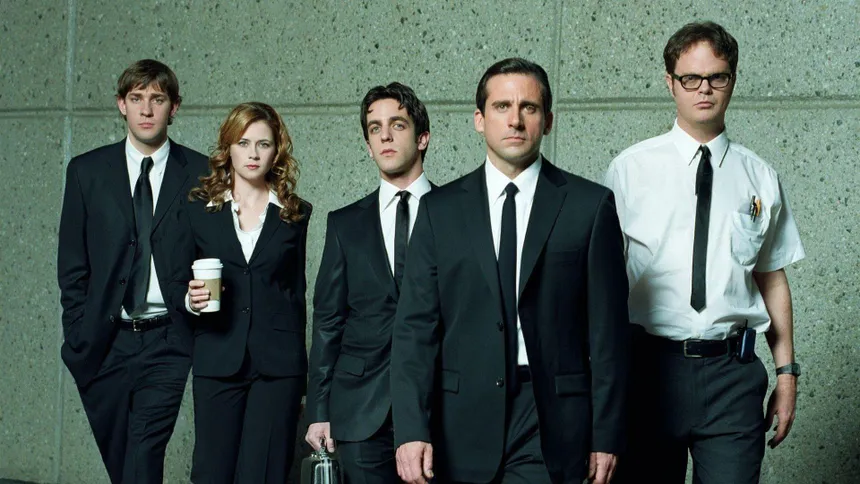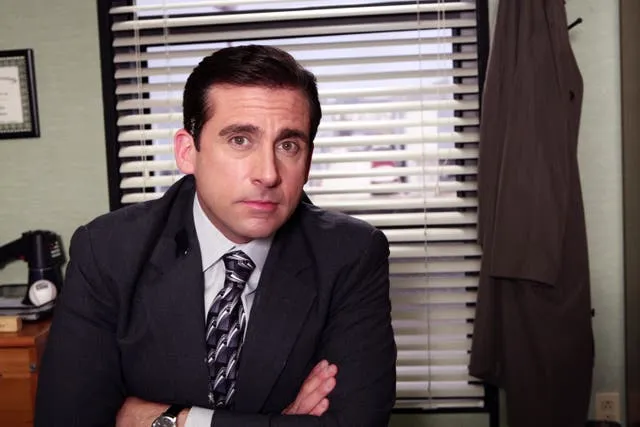The depiction of bosses in film and television has undergone a significant transformation over the years. Gone are the days of the “jerk in charge” stereotype, where bosses were portrayed as cold, mean, and intimidating figures. Instead, we’ve seen a rise in the “aworkward boss” archetype, where characters are humanized and made relatable. This shift can be attributed to the evolution of the modern workplace comedy, which has shown us that bosses are not infallible or superior beings. Instead, they’re just as flawed, incompetent, and relatable as the rest of us.
Characters like Michael Scott from The Office and Leslie Knope from Parks and Recreation exemplify this new breed of boss. They’re well-meaning and ambitious, but also flawed and relatable. They have traits that are common to many of us – the need for validation, the desire to be liked and respected, and the fear of failure. By making bosses more human, we can laugh at our own imperfections and insecurities, and relate to their struggles.
The villains of the modern workplace have also undergone a transformation. Characters like Logan Roy from Succession, Rakonna Renslayer from Loki, and Mr. Krabs from SpongeBob Squarepants may still be antagonistic, but they’re no longer one-dimensional villains. They’re complex, multi-faceted characters with their own motivations and weaknesses. This shift in the boss character archetype is a reflection of our changing times, where we’re moving away from the “jerk in charge” stereotype and towards a more nuanced and relatable portrayal of bosses.

The Office Cast (Via IMDB)
The evolution of the boss character archetype has also been influenced by the changing nature of the modern workplace. The rise of startups and remote work has led to a more flexible and casual work environment, where bosses are no longer seen as authoritarian figures. Instead, they’re often portrayed as approachable and collaborative leaders who work alongside their team members.
Moreover, the shift towards more realistic and relatable portrayals of bosses has also been driven by changing societal norms and values. We’re increasingly recognizing that power and authority are not solely the domain of those in positions of leadership. Instead, we’re acknowledging that everyone has the potential to be a leader, regardless of their title or position.
The transformation of the boss character archetype reflects our growing understanding of human nature and our desire for more nuanced and relatable characters on screen. By humanizing bosses, we can create more diverse, complex, and endearing stories that resonate with audiences and challenge our assumptions about leadership and power.
























